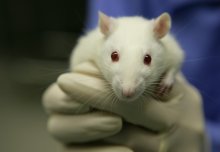

Openness about animals
Imperial signs up to UK Concordat on Openness on Animal Research
Imperial is one of 72 organisations to sign the Concordat on Openness on Animal Research in the UK, which has been published today.



Imperial signs up to UK Concordat on Openness on Animal Research
Imperial is one of 72 organisations to sign the Concordat on Openness on Animal Research in the UK, which has been published today.


Discovery of anti-appetite molecule released by fibre could help tackle obesity
New research has helped unpick a long-standing mystery about how dietary fibre supresses appetite.
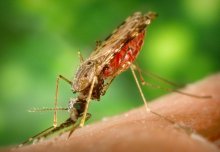

Targeting sperm protection in mosquitoes could help combat malaria
Researchers have discovered a way of reducing the fertility of malaria-carrying mosquitoes, potentially providing a new tactic to combat the disease.


New discovery gives hope that nerves could be repaired after spinal cord injury
A new discovery suggests it could one day be possible to chemically reprogram and repair damaged nerves after spinal cord injury or brain trauma.


Natural Killer cell findings should help fight against diseases like leukaemia
New insights into disease-fighting 'Natural Killer' cells should help scientists to produce them more effectively.
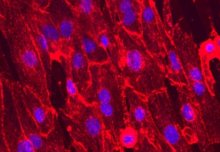

Video
Lab-grown human heart cells could mean fewer animals used in research
Scientists at Imperial College London are aiming to cut the need to use animals in research by improving methods for growing heart cells in the lab.


Imperial publishes action plan for world class animal research
The College's plan reinforces its commitment to replacing animal models, refining methods to improve welfare, and using fewer animals.
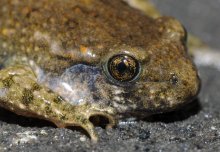

Fungus "micropredators" protect amphibians from deadly disease
Waterborne microorganisms could help to save frogs and toads from a skin-eating fungus that threatens amphibians around the world.
 1
1


Asthma drug theophylline could have possible new use as cough medicine
Researchers at Imperial College London have identified a widely used drug that could become a possible new cough treatment.
 1
1
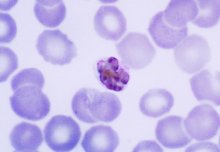

Malaria drug target raises hopes for new treatments
Scientists have taken an important step towards new malaria treatments by identifying a way to stop malaria parasites from multiplying.